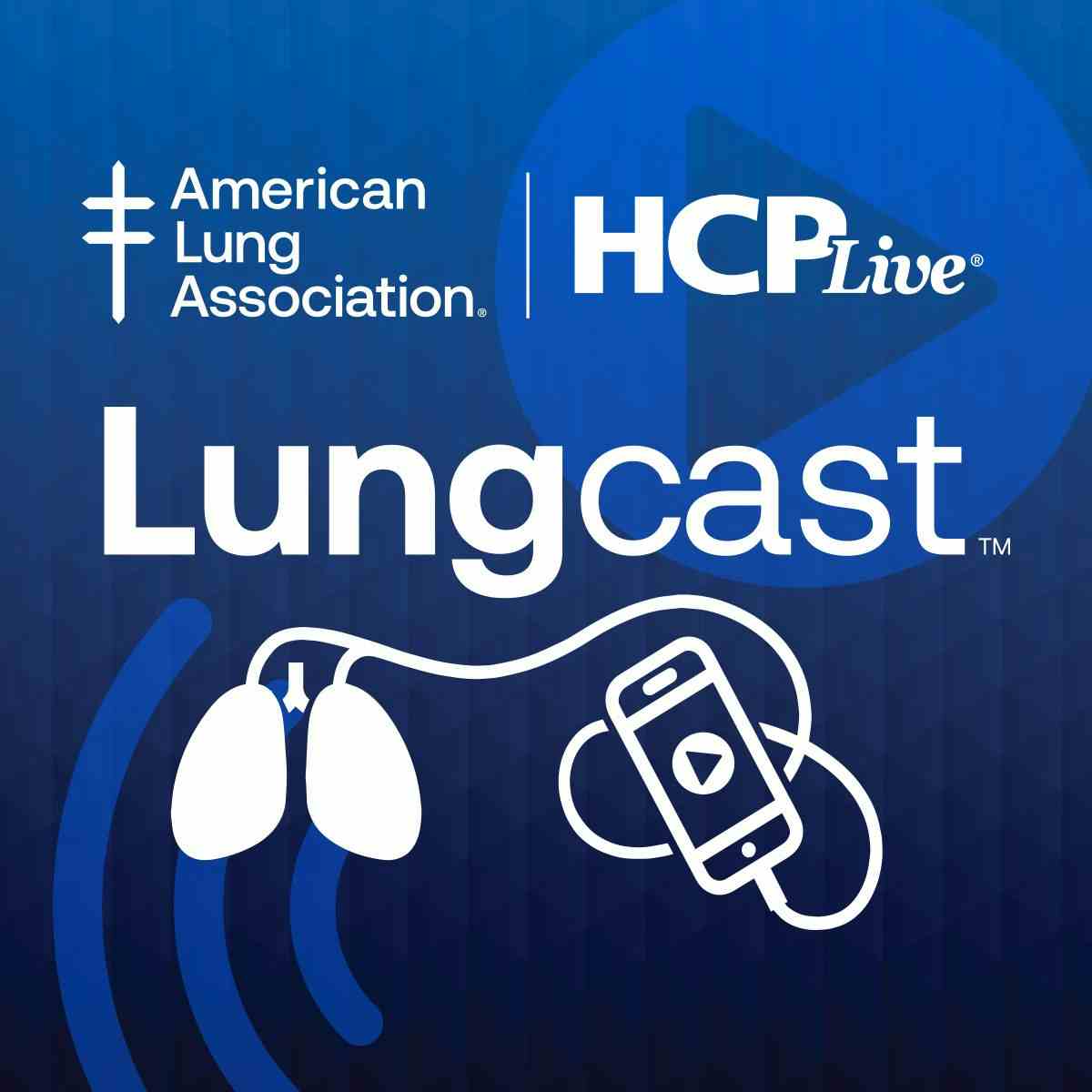Article
Variations in Efficacy of Corticosteroid Use in Asthma not Linked to Genetics, Study Finds
Author(s):
Genetics might not impact the efficacy of inhaled corticosteroid use in asthma.

While previous studies of inhaled corticosteroids (ICS) had reported statistically significant evidence of an association between genetic variants and levels of ICS response, a recently published paper suggested otherwise.
The clinical study lead by Michael Mosteller, PhD, published in the Journal of Allergy and Clinical Immunology, reported there was "no evidence to confirm previously reported associations between candidate genetic variants and inhaled corticosteroid response in patients with asthma”.
Although ICS is commonly used as an anti-inflammatory therapy for patients with asthma, the efficacy of ICS on individual patients in term of asthma control varies widely. Despite increased asthma control with ICS use, those effects were not uniformly beneficial across patient populations.
It is difficult for clinicians and healthcare providers to predict with what measure of success a patient might respond to ICS treatment. Locating some means of predicting ICS treatment response effectiveness in patients with asthma could help clinicians tailor more effective individual therapies for patients based on that predictive data.
The study was originally designed to confirm the results of previous research linking genetic variation and ICS effectiveness by determining the degree with which specific genetic variants might play a part in ICS's effectiveness as a treatment for asthma. The team also hoped to identify "potentially novel predictive variants" and specific biomarkers associated with ICS response.
Mosteller wrote that their study, described as "the largest pharmacogenetic investigation to date" with 2,672 patients with asthma treated with ICS, found "no evidence confirming the previously reported associations in candidate genes," and no genetic variants with significance to ICS response.
Their genome-wide association study instead revealed that any "genetic effect on steroid response in patients with asthma is unlikely”.
The study's patient data were drawn from seven previously completed pilot and optimum dosage clinical studies on fluticasone furoate (FF) or fluticasone propionate (FP) effectiveness on asthma control. The previous studies provided patient information and data for analysis.
Selected patients then volunteered to provide DNA samples that were genotyped through methods based on their original clinical study's status. Patients with asthma involved in the 3 original phase IIA pilot studies were genotyped using the Human Omni-Quad beadchip, while those involved in the 4 original phase IIB dosage studies were genotyped using the Human OmniExpressExome (OEE) beadchip. The genetic data were then compared to clinical analysis data of asthma control in patients during an 8-12 week study.
Mosteller and colleagues analyzed more than 9.8 million common genetic variants for association with changes in forced expiratory volume (FEV1) in patients during ICS treatment. Changes in patients' FEV1 were documented from baseline to 8-12 weeks of treatment with ICS. All patients being treated with ICS showed some statistically significant improvement in FEV1 during the 8-12 week study to varying degrees. However, Mosteller and colleagues were surprised to discover no statistically significant correlation between effectiveness of ICS on asthma control and genetic variants.
Mosteller's study could ultimately find no evidence to "confirm previously reported associations between candidate genetic variants and ICS response." The study also noted no variant satisfied the criterion for genome-wide significance.
Mosteller and colleagues saw their study as a "unique opportunity to independently assess the effect of genetic variants reported previously to be associated with ICS response”. They sought to use the data and information generated to better understand causes behind the variable responses of patients with asthma to ICS therapy. Determining the specific biomarkers that might predict ICS response in patients with asthma could help clinicians and health care providers to individualize future treatment plans for patients. Unfortunately, the study determined that neither common, nor rare genetic variants were likely to serve as predictive biomarkers for ICS response.

























